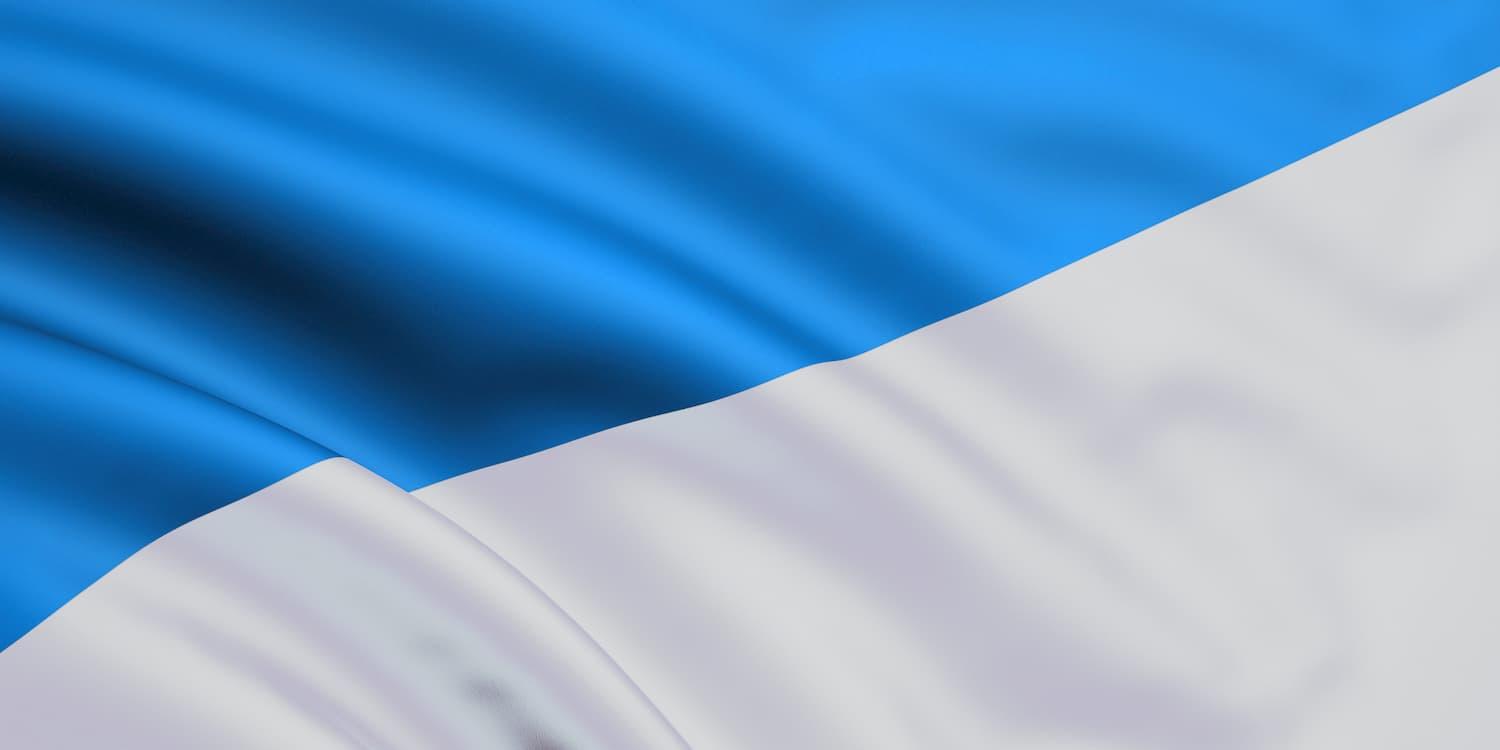Pavlov restores relations with Hasanistan
The Empire of Pavlov has ratified a Treaty of Eternal Alliance and Acceptance of Socius Status with the Sublime State of Hasanistan, in addition to returning His Imperial Majesty Alexander IV to the Hasanistani throne as Shahanshah, in a move to fully reconcile and re-establish a close partnership between the two historic brotherly nations following a rift in April 2020. Hasanistan shall become a socii state of Pavlov and re-enter its sphere of influence, agreeing to develop a shared political and cultural space.
The most significant aspect of the agreement are the return of the institution of the Shahanshah and the re-establishment of the personal union between Pavlov and Hasanistan under His Imperial Majesty, including the end of his and the Royal Family's "exile" which had been declared by the Hasanistani government and the restoration of most titles which were unilaterally declared abolished when Hasanistan declared itself as a Commonwealth. Pavlov has in turn recognised President Hasan Çakar's role as founder of Hasanistan, granting him the traditional Turkic title of Başbuğ in acknowledgement of this. His Imperial Majesty has been returned significant power within Hasanistan, although the treaty agreed that outside of the scope of granting noble titles that the Başbuğ would exercise most monarchic responsibilities on his behalf.
The establishment of the socius status of Hasanistan marks the return of the country's place in the Greater Pavlovian Nation, although seeks to develop a new constitutional relationship which will not suffer from the past's points of tension. Hasanistan will remain a significant degree of independence under the arrangement, exercising full self-governance, having the right to maintain its own foreign policy within limits defined by the treaty and the maintenance of its own military and police force. The socii status will be fully compatible with Hasanistan's current constitutional framework and Hasanistan shall effectively operate in its current form, including recognition of Hasanistan's policy of state neutrality. Hasanistan shall maintain all current diplomatic relationships and treaties. Pavlov's government will have powers to intervene where necessary in Hasani affairs if they are against her interests or beyond the scope of the treaty. Hasanistan will have a representative in the Pavlovian Senate, although with half of the vote of a typical senator due to the fact that it already has significant autonomy.
The two states also commit to establishing a common political and cultural space, which shall include effective freedom of movement, the establishment of a customs union and endorsing joint cultural events. Hasanistan will establish Islam and the Old Pavlovian Orthodox Church as its co-official religions and has committed to protect religious minority rights. The treaty will also return the former territory of Jurijev (known currently as Cormac) to Pavlov, which shall become a part of the Theme of Britannia with President Çakar as its Duke under a pseudonym, and additional consideration is being made into annexing some territory related to the Çakar family in Anatolia.
Outside of the treaty, there has been personal reconciliation between the two heads of state and clarification over past issues. Hasanistan has made committments to remove previous anti-Pavlovian elements, already removing the ban on expressions of support for monarchism and re-writing articles which took a hostile stance against Pavlov.

